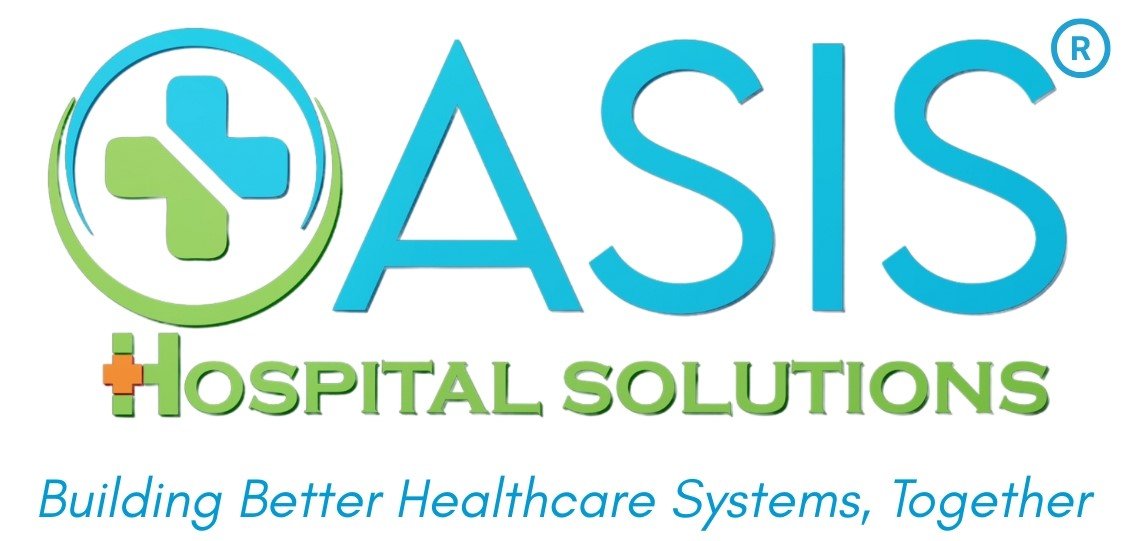TPA Desk Manage in Gujarat

Supervising and managing a team of claims processors and administrators to ensure timely and accurate processing of health insurance claims.
Reviewing and verifying the accuracy and completeness of claim submissions, including medical records, bills, and other supporting documents.
Adjudicating claims in accordance with established policies and procedures, ensuring compliance with regulatory requirements and contractual obligations.
Negotiating with healthcare providers to resolve disputed claims, including fees and reimbursement amounts.
Analyzing claim data and identifying trends or patterns that may indicate fraudulent or abusive billing practices.
Developing and implementing strategies to improve claims processing efficiency and accuracy, and reduce claims costs.
Collaborating with other departments, such as customer service, network management, and medical management, to ensure seamless and coordinated delivery of health benefits to members.
Providing regular reports and updates to management on claims processing performance, including productivity, quality, and financial metrics.
Ensuring compliance with data privacy and security regulations, and maintaining accurate and secure records of all claim transactions.
Resolving escalated customer service issues related to claims processing, and ensuring a high level of customer satisfaction.
Ultimately, our goal as a Health Claims Desk Manager is to ensure that our clients receive the highest quality of service possible, while also ensuring that our team is working effectively and efficiently. This involves overseeing all aspects of the claims processing process, from initial verification to final payment, and ensuring that all stakeholders are satisfied with our service.
TPA Desk in Gujarat, TPA Desk in Madhya Pradesh, TPA Desk in Rajasthan, TPA Desk in Maharashtra, TPA Desk in Ahmedabad
Provider Billing
The first step in the health claim payment reconciliation process is to review the billing information submitted by the healthcare provider. This includes the diagnosis codes, treatment codes, dates of service, and the cost of the services rendered. It is important to ensure that the billing information is accurate and matches the services provided.
Payer Payment
The second major point to review is the payment made by the health insurance payer. The payer may pay all or a portion of the billed amount, depending on the insurance policy and the contract between the payer and the provider. The payment should be compared against the billing information to ensure that it is accurate and covers the services provided.
Patient Responsibility
The third major point to review is the patient’s responsibility for payment. This may include deductibles, co-pays, and other out-of-pocket expenses. It is important to ensure that the patient’s responsibility has been accurately calculated and included in the reconciliation process.
